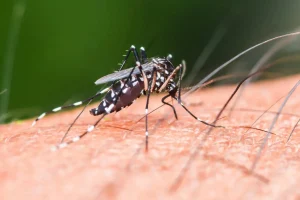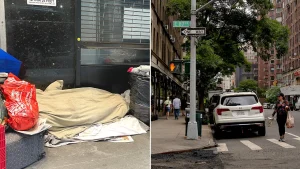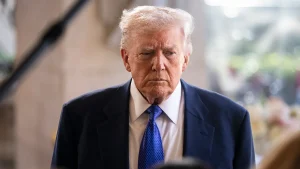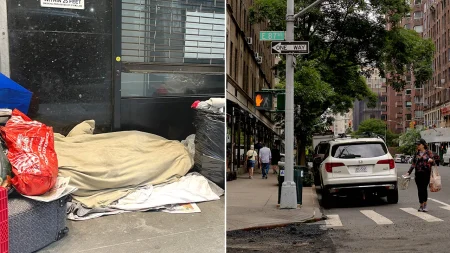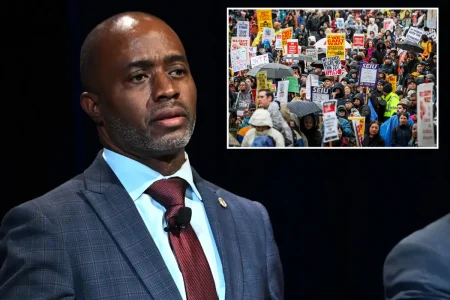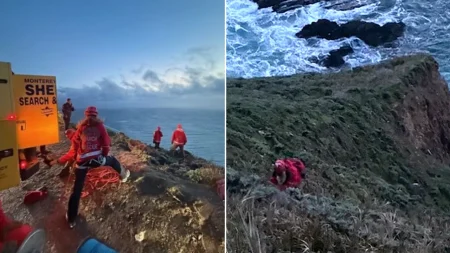UN Human Rights Council Launches Critical Investigation Into Conflict Zone Atrocities
International Body Responds to Mounting Evidence of War Crimes as Civil Conflict Intensifies
In a landmark decision that signals growing international alarm over deteriorating conditions in one of the world’s most devastating ongoing conflicts, the United Nations Human Rights Council has authorized a comprehensive investigation into widespread reports of mass killings and sexual violence. The resolution, adopted after intense deliberation among member states, establishes an independent fact-finding mission tasked with documenting human rights violations that experts fear may constitute war crimes and crimes against humanity as the nation’s civil war enters an increasingly brutal phase.
The Council’s action comes amid mounting evidence from humanitarian organizations, witness testimonies, and satellite imagery revealing systematic attacks on civilian populations across multiple regions of the conflict-torn country. “What we’re witnessing represents a profound breakdown of the most fundamental principles of international humanitarian law,” said High Commissioner for Human Rights Elena Moreno during the emergency session in Geneva. “The patterns of violence—particularly the targeting of ethnic enclaves and the apparent systematic use of sexual violence as a weapon of war—suggest these are not isolated incidents but potentially part of a broader strategy.” The newly established inquiry will operate with a robust mandate to collect and preserve evidence, identify perpetrators, and create a foundation for future accountability processes, whether through national courts, international tribunals, or hybrid judicial mechanisms.
Human rights observers on the ground describe a rapidly deteriorating situation where civilian infrastructure including hospitals, schools, and displacement camps have increasingly become targets. According to Physicians for Global Health, a medical NGO operating in the conflict zone, at least 27 healthcare facilities have been attacked in the past six months, with many deliberately bombed despite clearly visible medical insignia. “Medical neutrality—a cornerstone principle of war—has been completely abandoned,” explained Dr. Marcus Chen, who recently returned from a field hospital near the contested eastern provinces. “Our teams treated children with injuries consistent with prohibited munitions, women who survived mass sexual assault, and elderly patients who had been deliberately starved in besieged areas. The scale of human suffering defies description.” The UN investigation will face significant challenges in accessing restricted areas, but plans to employ remote interviewing technologies, forensic analysis of digital evidence, and collaboration with neighboring countries hosting refugee populations.
Geopolitical Complexities Hamper International Response as Humanitarian Crisis Deepens
The civil conflict, now entering its fourth year, has metastasized from localized political unrest into a complex proxy battle involving regional powers and ideological factions—each with divergent interests in the country’s strategic resources and geographical position. International diplomatic efforts have repeatedly faltered, with multiple ceasefire agreements collapsing within days of their announcement. “We’re dealing with a fragmented conflict landscape where command structures are unclear and accountability mechanisms have completely broken down,” explained Dr. Amira Kamal, a conflict resolution specialist at the International Crisis Group. “This investigation faces not only logistical challenges but also a web of overlapping jurisdictional claims and intense disinformation campaigns designed to obscure responsibility.” Security Council action has remained effectively blocked by competing geopolitical interests, with several permanent members maintaining ties to different warring factions, leaving the Human Rights Council as one of the few international bodies able to take meaningful action.
The investigation will specifically focus on documented patterns of gender-based and ethnically motivated violence that have emerged as signature characteristics of the conflict. According to preliminary assessments from the UN Office for the Coordination of Humanitarian Affairs, sexual violence has been employed with “shocking frequency and brutality,” particularly in territories changing hands between rival factions. Testimonies collected from refugees describe organized abductions of women and girls, detention in makeshift “rape camps,” and public sexual humiliation designed to force population displacement from contested areas. “What makes this conflict particularly disturbing is the apparent strategic use of sexual violence to achieve military objectives and permanently reshape demographic patterns,” noted Special Representative Fatima Bensouda, who heads the UN’s Sexual Violence in Conflict initiative. “The psychological trauma inflicted on communities may prove as destructive to social cohesion as physical infrastructure damage.” The investigation team will include forensic experts, trauma-informed interviewers, and cultural mediators trained to document such sensitive evidence while minimizing re-traumatization of survivors.
Humanitarian consequences of the conflict have reached catastrophic proportions, with approximately 4.3 million people internally displaced and another 2.1 million seeking refuge in neighboring countries—creating the largest forced migration crisis in the region’s history. Food security analyses indicate that nearly 60% of the remaining population faces acute food insecurity, with several enclaved communities experiencing famine conditions due to deliberate blocking of humanitarian aid convoys. “What began as a political conflict has evolved into a humanitarian catastrophe of staggering proportions,” said World Food Programme Regional Director Samuel Okello. “The systematic destruction of agricultural infrastructure—irrigation systems, grain storage facilities, livestock—appears designed to create long-term dependency and suffering even if hostilities were to cease tomorrow.” The UN investigation will examine not only direct violence against civilians but also these broader patterns of humanitarian law violations, including the weaponization of essential services and deliberate targeting of critical civilian infrastructure.
International Justice Mechanisms Mobilize as Documentation Efforts Expand
Legal experts emphasize that while the UN investigation represents a crucial step toward accountability, it establishes only the evidentiary foundation for what will likely be a complex, multi-year justice process. “Documentation is essential but insufficient alone,” explained Professor Helena Jimenez, who specializes in international criminal law at Oxford University. “The investigation must operate with awareness of eventual prosecutorial requirements—chain of custody for evidence, authentication protocols for digital materials, protection of witnesses—to ensure its findings can withstand scrutiny in future legal proceedings.” The resolution establishing the inquiry includes provisions for evidence-sharing with appropriate judicial mechanisms, including potentially the International Criminal Court, which has signaled preliminary interest in the situation despite jurisdictional complexities. Regional courts and specialized tribunals may also play complementary roles in an eventual accountability architecture.
While the immediate focus remains on documenting ongoing atrocities and supporting humanitarian intervention, conflict resolution specialists emphasize that sustainable peace will ultimately require addressing the deep-rooted governance failures, resource inequities, and historical grievances that initially triggered the conflict. “Even the most robust accountability mechanisms cannot succeed in isolation,” cautioned Ambassador Jonathan Perez, former UN Special Envoy to the region. “Justice processes must eventually be integrated with broader reconciliation efforts, institutional reforms, and economic recovery programs tailored to the country’s specific context.” The Human Rights Council resolution acknowledges this reality, mandating that investigators not only document violations but also analyze root causes and recommend comprehensive transitional justice approaches. As international attention intensifies around this devastating conflict, the investigation stands as both an immediate response to unconscionable suffering and a long-term investment in the principles of accountability that underpin the international legal order—principles increasingly under threat in a fragmented global landscape where the most vulnerable populations often bear the heaviest costs of political failure.
